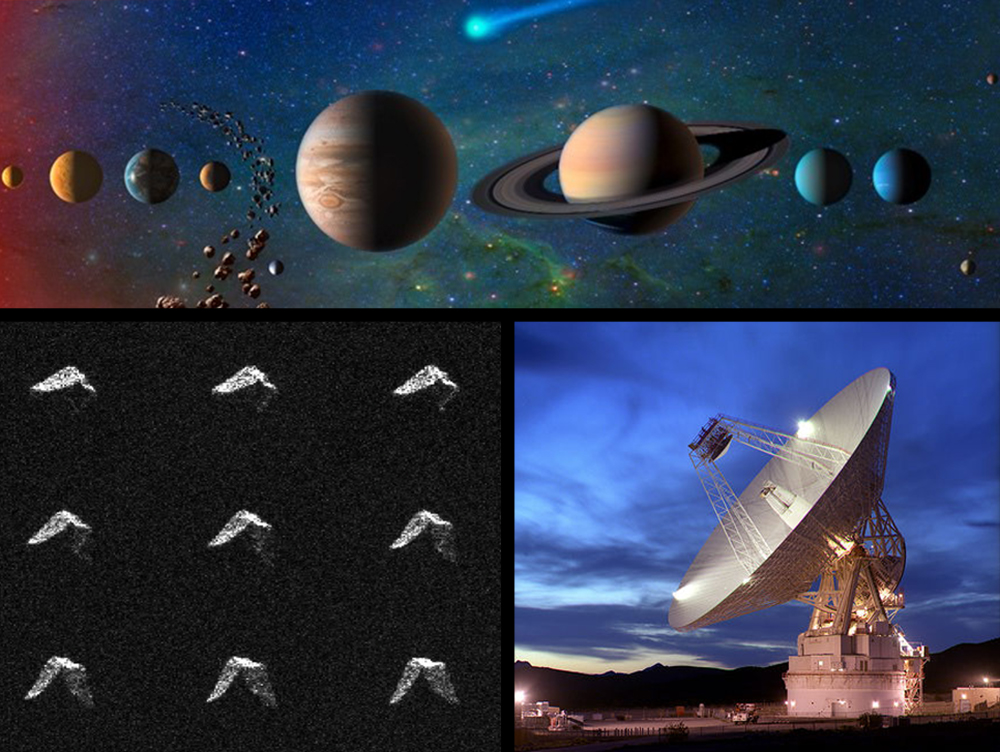Workshop Overview:
Planetary radar observations have a laudable history of “firsts” including the determination of the astronomical unit at the precision sufficient for interplanetary navigation, the distribution of water at the south pole of the Moon, indications of water ice in the permanently shadowed regions at the poles of Mercury, polar ice and anomalous surface features on Mars, indications that the asteroid (16) Psyche is an exposed metallic core of a planetoid, establishing the icy nature of the Jovian satellites, and the initial characterizations of Titan's surface. In many cases, these discoveries by planetary radar systems have motivated missions or radar instruments on missions. Further, the discovery of interstellar objects may present new radar targets for bridging Planetary Science and Astrophysics. However, the world’s planetary radar infrastructure consists of two dominant assets, the Arecibo Planetary Radar and the Goldstone Solar System Radar. Both depend upon single antennas equipped with vacuum tube amplifiers, and significant issues have been experienced with their operational reliability and sustainability.
We anticipate holding this three day virtual workshop in the summer of 2020 and then follow up with an in-person five day workshop at the Keck Center in Pasadena in 2021.
Each of the three days in this virtual workshop will have a different focus, with the aim of stimulating new thoughts and new directions to explore. Each day will be a half day (3 hours), with an objective of emerging with a small number (1–3) of exciting future directions.
- Day 1 - What are ambitious science goals for planetary radar observations of asteroids?
- Day 2 - What are ambitious science goals for planetary radar observations of terrestrial planets and into the outer solar system?
- Day 3 - How might we accomplish these ambitious science goals?
Finally, this virtual workshop is occurring during the interval when science white papers for the Planetary Science Decadal Survey will be being developed. A component of this workshop will involve ensuring that compelling white papers will be developed and delivered to the Planetary Science Decadal Survey.




